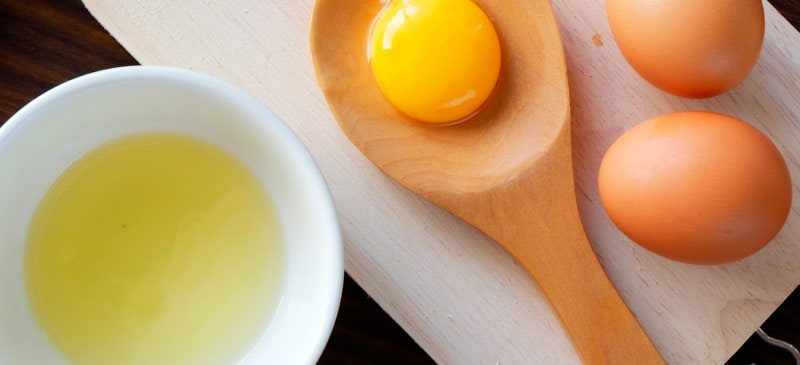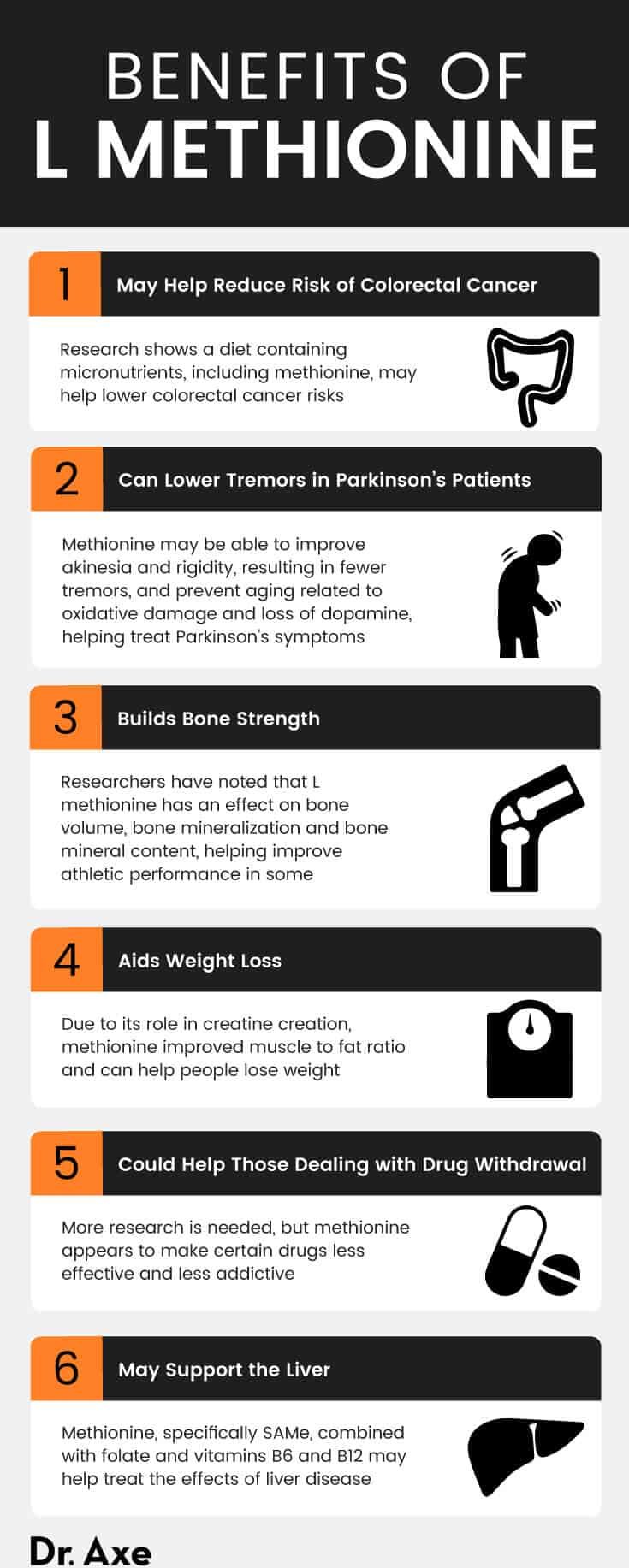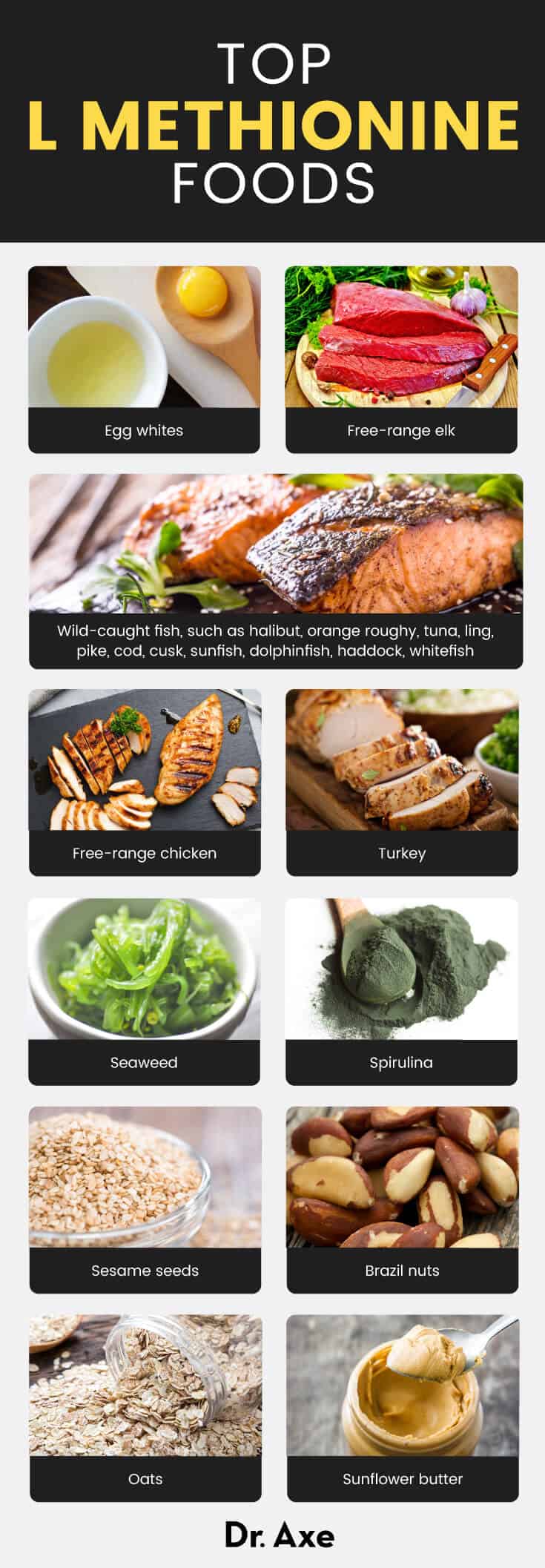This Dr. Axe content is medically reviewed or fact checked to ensure factually accurate information.
With strict editorial sourcing guidelines, we only link to academic research institutions, reputable media sites and, when research is available, medically peer-reviewed studies. Note that the numbers in parentheses (1, 2, etc.) are clickable links to these studies.
The information in our articles is NOT intended to replace a one-on-one relationship with a qualified health care professional and is not intended as medical advice.
This article is based on scientific evidence, written by experts and fact checked by our trained editorial staff. Note that the numbers in parentheses (1, 2, etc.) are clickable links to medically peer-reviewed studies.
Our team includes licensed nutritionists and dietitians, certified health education specialists, as well as certified strength and conditioning specialists, personal trainers and corrective exercise specialists. Our team aims to be not only thorough with its research, but also objective and unbiased.
The information in our articles is NOT intended to replace a one-on-one relationship with a qualified health care professional and is not intended as medical advice.
What Is Methionine? Benefits and Top Food Sources
June 27, 2023

You know all about protein foods, but did you know there’s something in most of them that can fight disease, build bones and support the liver? It’s called l-methionine, or just methionine.
Methionine provides an important role relating to the growth of new blood vessels. While the body produces it on its own, supplementing with L methionine has been shown to help heal wounds and those experiencing Parkinson’s, drug withdrawal, schizophrenia, radiation, copper poisoning, asthma, allergies, alcoholism, liver damage and depression.
So what does all this mean? It means that methionine benefits the body in many ways, but it’s also important to not overdo it since the body produces it on its own as well as obtain it from the proper sources. So let’s examine the benefits of methionine along with the best methionine foods.
What Is Methionine?
First discovered by American bacteriologist John Howard Mueller in 1921, methionine, is an essential amino acid found in the body used to make proteins and peptides. It’s found in meat, fish and dairy products, as well as nuts and grains. Think protein foods, and you will likely find methionine.
How does it work in the body? The human body uses methionine to make creatine, another type of amino acid. Additionally, L methionine contains sulfur, which is used by the body for healthy growth and metabolism, and it’s responsible for a compound known as s-adenosylmethionine or “SAM-e,” which supports the the proper function of the immune system; neurotransmitters like dopamine, serotonin and melatonin; and cell membranes.
MSM supplements supply the body with extra sulfur for creating methionine, which helps in important bodily processes like making other chemicals, forming connective tissue, synthesizing/metabolizing foods and absorbing nutrients to be used for energy.
Benefits
1. May Help Reduce Risk of Colorectal Cancer
According to the Melbourne Colorectal Cancer Study, conducted in Melbourne, Australia, methionine, along with B vitamins and other minerals, may help reduce the risk of colorectal cancer. The study observed foods that were eaten as well as micronutrients, such as folate, methionine, and vitamins B6 and B12, and those with antioxidant properties like selenium, vitamins E and C, and lycopene.
Though the tests studied many of these vitamins, minerals and amino acids individually, overall, the data supports the conclusion that a diet containing all of these micronutrients, including methionine, may help lower colorectal cancer risks.
2. Can Lower Tremors in Parkinson’s Patients
A study was conducted on 11 patients who had untreated Parkinson’s disease. Participants were treated with methionine for periods from two weeks to six months and showed improvement in akinesia and rigidity, resulting in fewer tremors than usual. This shows methionine may be beneficial in treating Parkinson’s symptoms.
Additionally, the Michael J. Fox Foundation for Parkinson’s Research indicates that further studies are being conducted regarding the evidence that a part of the antioxidant enzyme system, specifically methionine, may play a critical role in prevention of aging related to oxidative damage and loss of dopamine, ultimately providing a potential treatment for Parkinson’s disease.
3. Builds Bone Strength
Methionine may help athletic performance (and even weight loss) due to its effects on bones. To better understand how methionine and endurance exercise affects the body, researchers at the Institute of Physical Education, Health and Leisure Studies at National Cheng Kung University in Taiwan gave rats different diets, some with l-methionine foods and others without.
After an eight-week period, exercise-trained subjects had a 9.2 percent lower body weight, which is no surprise given exercise can help anyone lose weight. However, part of what became evident was that there is an effect on bone volume, bone mineralization and bone mineral content compared to those subjects who were fed the diets without methionine supplementation.
Results indicate that the methionine combined with endurance exercise caused lower whole bone mass, size and/or strength, but it enhanced natural bone strength overall. This may be why there are claims that it can help athletic performance.
4. Aids Weight Loss
Creatine is a substance that comes from methionine, and creatine can not only help improve athletic performance, but also the body’s ratio of muscle to fat.
More research is needed in this area, but one study of 14 high-performance male adult judo athletes evaluated the contribution of their energy systems using oxygen uptake and blood lactate measurements. The results showed an increase in performance, which is thought to be due to the creatine effects during intervals and could be because of the loss in weight resulting in a better muscle to fat ratio.
5. Could Help Those Dealing with Drug Withdrawal
The Journal of Neuroscience conducted a study on rats who were induced with cocaine and how methionine can make a difference in the addictive qualities of the drug. When subjects were given methionine, it blocked the effects of the cocaine, making it less addictive than without the methionine.
While more research is needed, this may indicate L methionine can help those dealing with withdrawal by slowly lowering the effects and helping people kick the addiction — or even help prevent addiction in the first place.
6. May Support the Liver
The American Society of Nutrition reports that evidence indicates methionine metabolism may affect alcoholic liver disease. Liver disease is more prominent in areas of the world where there’s a problem with malnutrition, but it’s also a problem everywhere when it comes to alcohol abuse.
Research points to the ability for methionine, specifically SAMe, combined with folate and vitamins B6 and B12, to possibly help treat the effects of liver disease.

Top Foods
While you can purchase supplements, it’s likely that you’re getting all the methionine you need through your food — which is always the best way to obtain nutrition when possible. There’s a long list of foods that have methionine, with the highest levels coming from meat and fish sources, but here are a few to give you a sense of the variety of foods that contain it, based on levels of 200-calorie serving):
- Egg whites
- Free-range elk
- Free-range chicken
- Wild-caught fish, such as halibut, orange roughy, tuna, ling, pike, cod, cusk, sunfish, dolphinfish, haddock and white fish,
- Turkey
What About the Vegans?
According to the World Health organization, adults need about 13 milligrams per kilogram of body weight per day of methionine, and it’s best to make sure you don’t overdo it since it could cause health problems if too much is consumed on a regular basis.
Here are a few foods that can help vegans obtain healthy levels of methionine:

How to Use
This topic is still being investigated, but an interesting study was reported in Science News evaluating the effects on methionine as it relates to calorie restriction. Some researchers believe that it’s possible to have a longer life by cutting calories while enhancing nutrient density to include the consumption of methionine. Others think too much methionine can cause health problems.
So the question is: How much methionine do we need? It depends on a lot of other things, such as how much other amino acids you may be getting. Here are some average daily needs:
- Preschool children ages 2–5 need 27 mg/kg/day
- School children ages 10–12 need 22 mg/kg/day
- Adults 18+ need 13 mg/kg/day
Risks and Side Effects
As stated previously, we are able to obtain methionine from our food, and that is always recommended as a first option. Too much may cause health problems, so unless you’re deficient in methionine, there’s no reason to take supplements. However, if you choose methionine, creatine or SAMe supplements for any health purpose, it’s best to speak to your health care professional first.
Final Thoughts
- First discovered by American bacteriologist John Howard Mueller in 1921, L methionine, or methionine, is an essential amino acid found in the body used to make proteins and peptides.
- The body uses methionine to make creatine, contains sulfur and is responsible for SAMe, playing an important role in the proper function of the immune system, neurotransmitters and cell membranes.
- Methionine benefits include potentially helping reduce the risk of colorectal cancer, lower tremors in those with Parkinson’s, build bone strength, aid weight loss, treat drug withdrawal and support the liver.
- There’s a long list of foods that have methionine, with the highest levels coming from meat and fish sources. Vegan-approved sources include seaweed, spirulina, sesame seeds, Brazil nuts, oats and sunflower butter.

